Top 8 Italian Culture, Customs and Etiquette
Should you remove your shoes when visiting friends? Should you greet those on elevators with a smile? When thinking about the dos and don'ts in your own ... read more...nation, these questions might not seem like the most obvious ones, but things that you might not even consider at home can have a major impact abroad. Here is a list of Italian Culture, Customs and Etiquette.
-
In Italy, appearance matters. Your social standing, your family's history, and your degree of education can all be inferred from how you dress. In Italy, first impressions stick with you. Italians place a lot of importance on the idea of "bella figura," or good appearance.
In the initial few seconds of meeting someone, frequently before speaking, they instinctively judge their age and social position. Italians place a lot of value on clothing. They are very concerned with fashion and evaluate others based on their appearance.
You'll be evaluated based on your appearance, including your clothing, shoes, accessories, and mannerisms. It takes more than just looking good to be beautiful. It also includes the atmosphere you want to convey, such as your confidence, fashion sense, demeanor, etc.
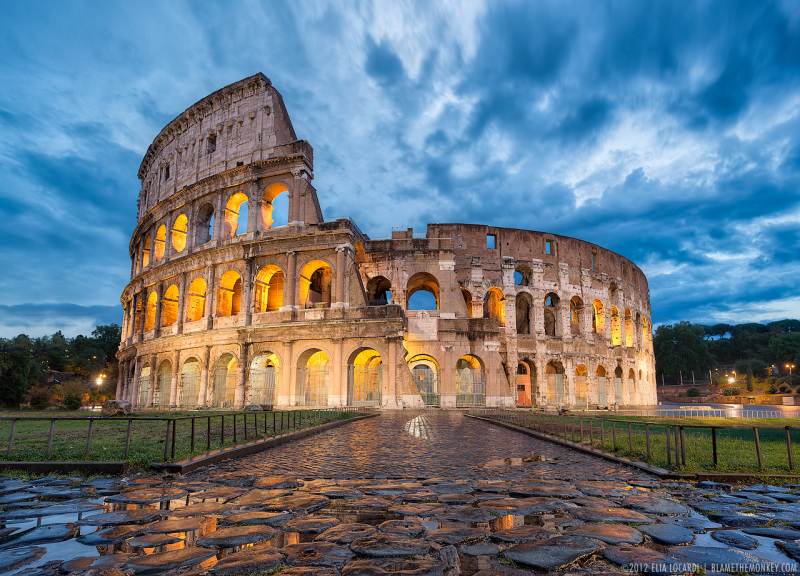
https://blamethemonkey.com/ 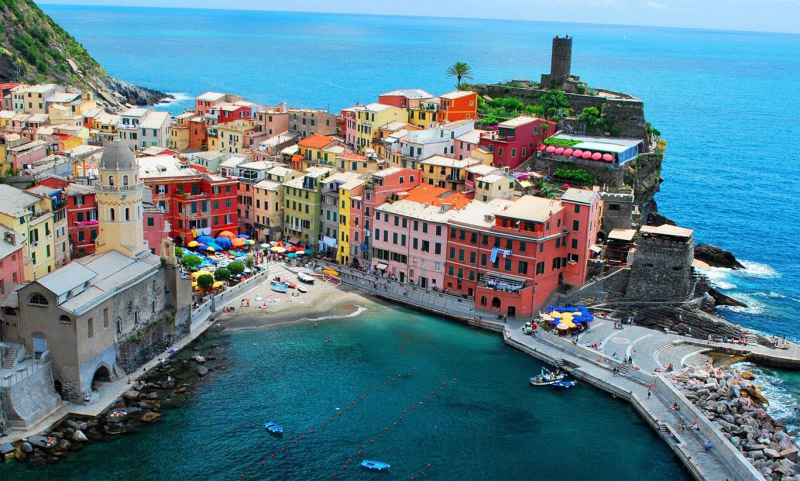
https://thearkofgrace.com -
Italians take Catholicism for granted because it is an inescapable social, cultural, and political force that is woven deeply into the fabric of Italian life. The fact that there are more than 100,000 Catholic churches in the nation highlights the long-standing and strong cultural ties. In Italy, Catholicism continues to hold a monopoly-like position.
The religious monopoly is still quite strong despite the presence of a small but historically significant Jewish community in the center of Rome and elsewhere, a growing Muslim immigrant population, and sizable numbers of agnostics and atheists. Italian society never embraced Protestantism or the spirit of the Protestant Reformation.
In Italy, Roman Catholicism is the dominant religion. Italy has more Catholic churches per person than any other nation. Church influence is still strong despite the often low church attendance. In the lobby of many office buildings, you'll find a crucifix or a statue of a religious figure. At least one patron saint is identified with each day of the year. Children who have a certain saint's name observe their saint's day just like a birthday.
There is a patron saint for each trade and vocation. Hierarchy is promoted by the church, and it is evident in all Italian relationships. They show respect and deference to people who are more senior, have achieved some amount of professional success, and have supportive families.
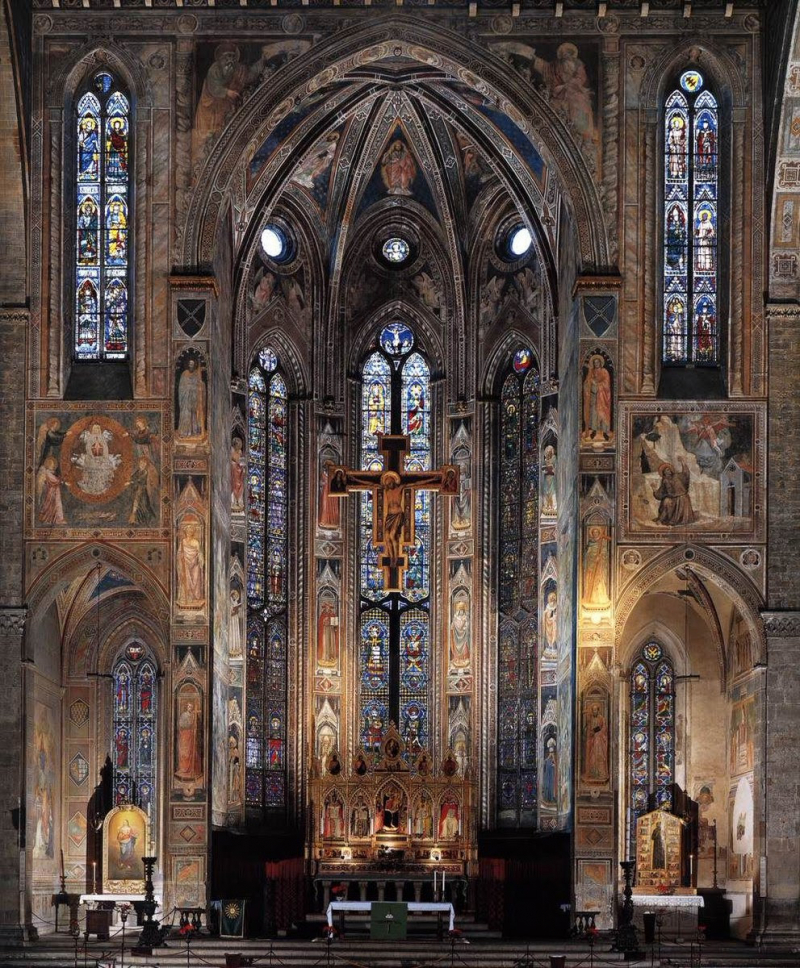
https://www.reddit.com 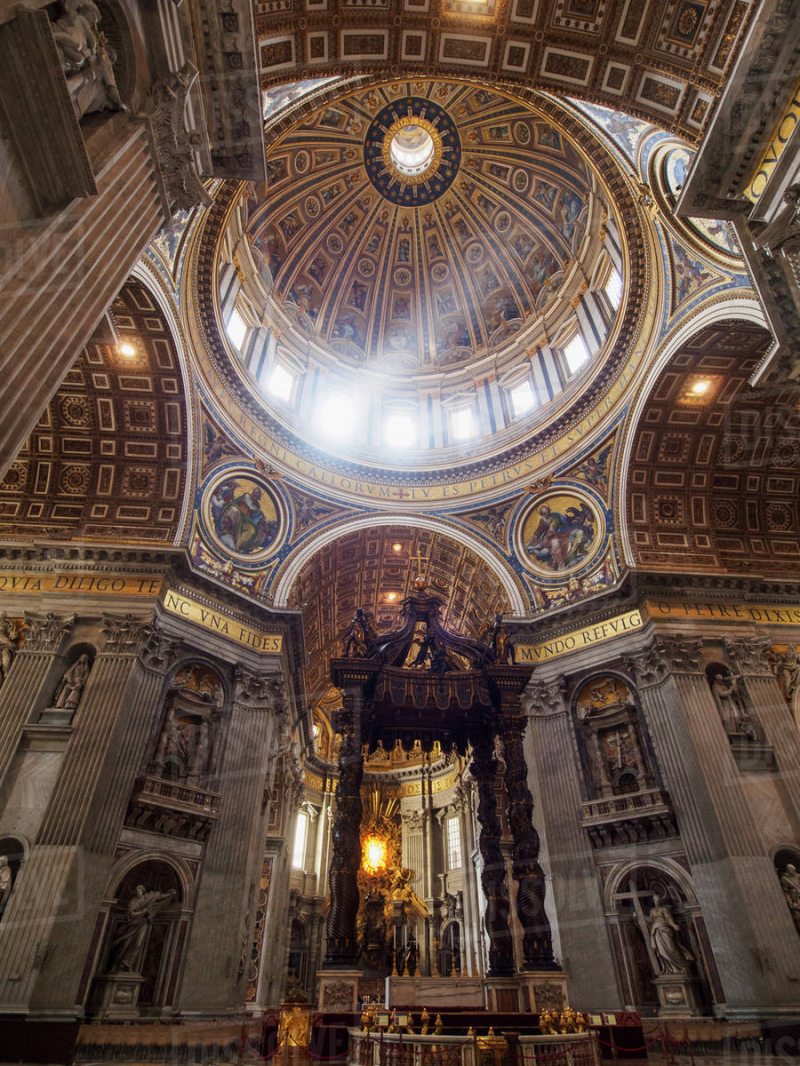
https://dissolve.com/ -
Although enthusiastic, greetings tend to be formal. Between strangers, the customary handshake with open eyes and a grin is sufficient. Air-kissing on both cheeks, beginning with the left, and a pat on the back between men are frequently added as a relationship progresses.
Do not switch to using first names before being welcomed. Italians base their decisions on first impressions, so it's crucial to greet people properly and respectfully, especially when you're meeting them for the first time.
In social settings, calling cards are frequently used by Italians. These have the individual's name, address, title or academic accomplishments, and telephone number and are a little bit larger than conventional business cards. It is a smart idea to get calling cards printed if you intend to spend a lot of time in Italy. In a social setting, never use your business card as a calling card.

http://etiquipedia.blogspot.com/ 
https://www.robertsonlanguages.com -
If invited to a home in Italy, you should wear fashionable attire that is still somewhat formal, such as a jacket and tie for men and an attractive dress for ladies, if the invitation specifies that the dress code is casual.
Being on time is not required. If you're asked to dinner, you can be up to 15 minutes late, and if you're invited to a party, you can be up to 30 minutes late. Bring something wrapped in a gift if you are asked to a meal, such wine or chocolates.
Send flowers the same day if you're invited to dinner and wish to send flowers. Until you are requested to sit down, keep standing. You might be directed to a certain seat. Continental table manners dictate that the knife should be held in the right hand while eating and the fork in the left.
Follow the hostess' example; she is the first to arrive at the table, to begin eating, and to leave at the conclusion of the meal. The first toast is made by the host. Later on in the meal, an honored guest should reciprocate the toast. A toast may be made by a woman. Always start with a tiny portion so that you can be persuaded to accept a second serving.
During the meal, avoid keeping your hands in your lap but also avoid resting your elbows on the table. Leaving a tiny quantity of food on your plate is acceptable. Instead of using your fingers, pick up the cheese with a knife. Leave your wine glass almost full if you don't want any more.

https://ombretta.ca 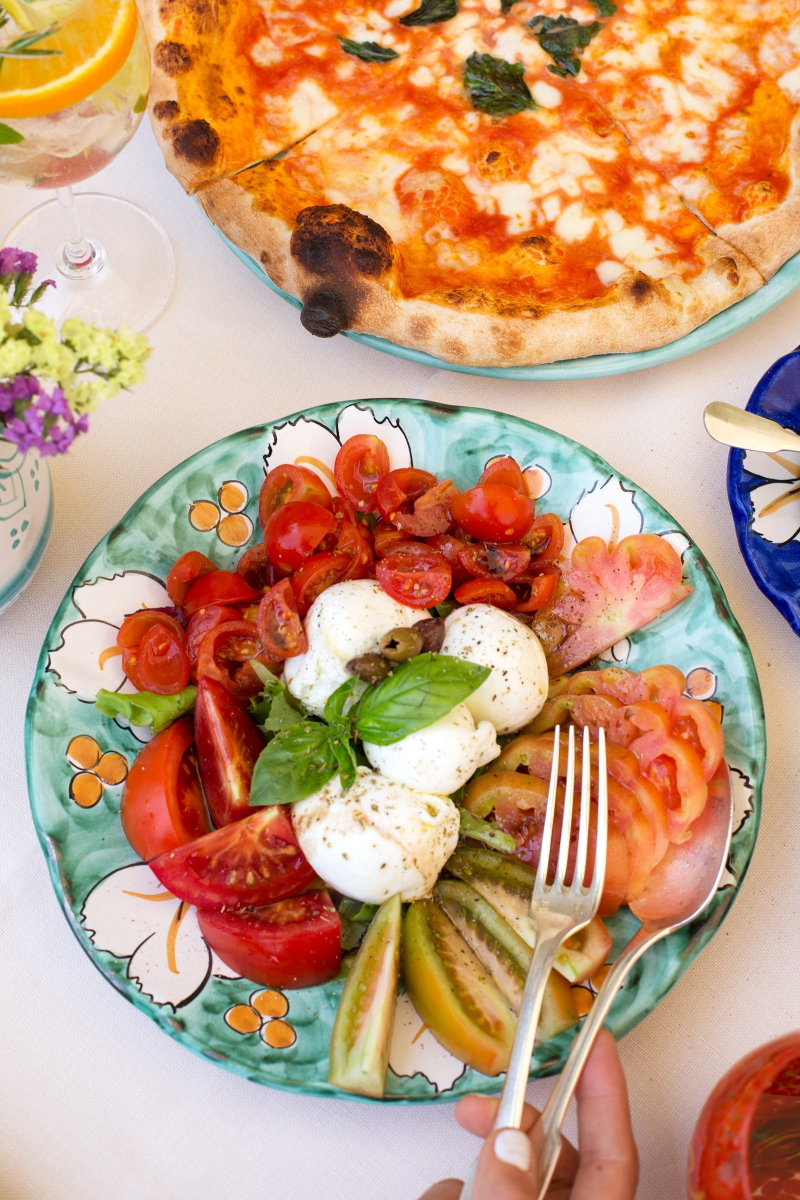
http://saltandwind.com/ -
Italians favor conducting business with people they know and can rely on. A third party introduction will go a long way toward giving you a starting point. Since face-to-face communication is generally preferred by Italians, it is crucial to spend time there cultivating the relationship.
The majority of Italians are quite outgoing, curious, and brave. Be prepared to have many questions regarding your history and life stories. They might be happy to share their thoughts or advise about your endeavor, as you may discover. For instance, they might point out a mistake in the way your home is organized and provide you advice on how to fix it. This may come off as judgmental or nosy to foreigners. But don't shut them down or ignore their queries and remarks. They might conclude that you're distant or overly sensitive as a result.
Before doing business with you, your coworkers will be curious to learn more about you personally.
Italians tend to assess individuals by their outward look, therefore your demeanor matters because that first impression will stick with them.
https://ilglobo.com.au/ 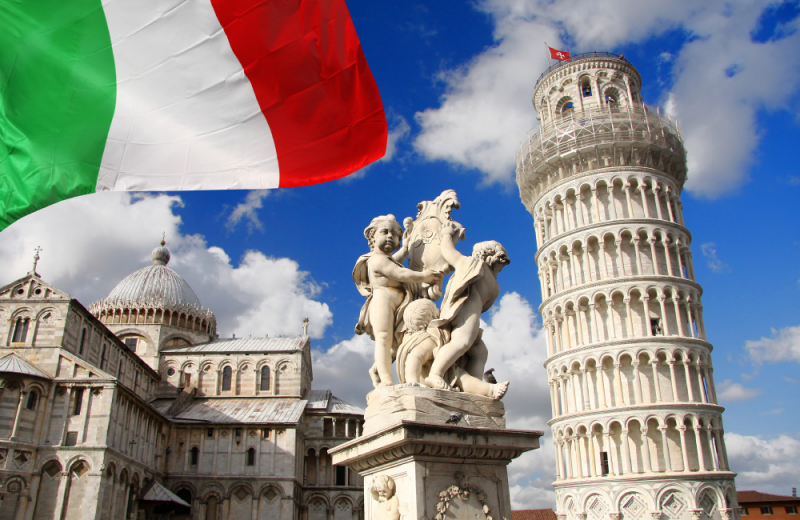
https://www.villacharities.com/ -
It is incorrect to believe that everyone will be sociable and laid-back because Italian society is a little more formal than Northern European or English-speaking ones and can be more sensitive to problems of respect or lack thereof. You shouldn't encounter any issues if you are respectful and civil, but don't anticipate that the average Italian will be able to comprehend or speak English (except for young people).
Italians give their loved ones and close friends two soft kisses on the cheek as a greeting. Males also do. Remember to kiss the other person on their left cheek first, then go to the right, so order to avoid kissing them on the lips. In general, you shake hands with (or kiss, depending on the level of familiarity) each member of the group separately when entering or leaving a group. If the encounter is for business purposes, simply shake hands.
Giving compliments is a smart move while trying to build friends. The majority of Italians still reside in their hometown and have much stronger sentiments for their community than for Italy as a whole.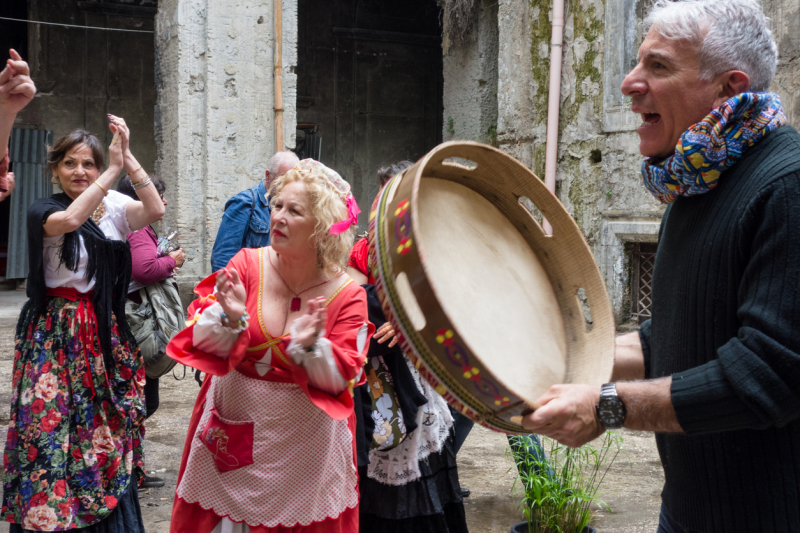
https://orderisda.org/ 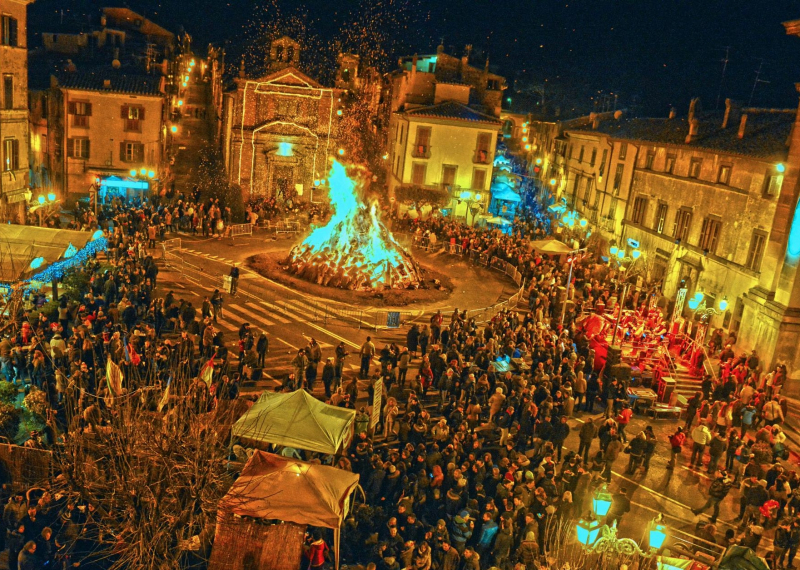
http://www.wetheitalians.com/ -
Many visitors say they wish to go back to Italy so they can explore it more thoroughly than they did the first time. This is hardly a shock. There are 20 distinct areas in Italy, and each one offers a distinctive jewel. But if you were to choose a destination, it would be wise to research the distinctions between the North and the South.
If you spend time in both the South and the North of the country, you will observe the differences in peoples' mentalities. The North has strong ties to the mentality of Central Europe, especially in large cities like Milan. People may come off as icier and more preoccupied with their work.
The country's Southern region has stronger ties to the Mediterranean region. People are generally friendlier but also more irritable and less European in their outlook. It is important to remember that lunch, dinner, and shop closing times are all roughly an hour , butlater in the South than they are in the North. In the South, especially in the summer, families might not sit down to dinner until after nine o'clock.
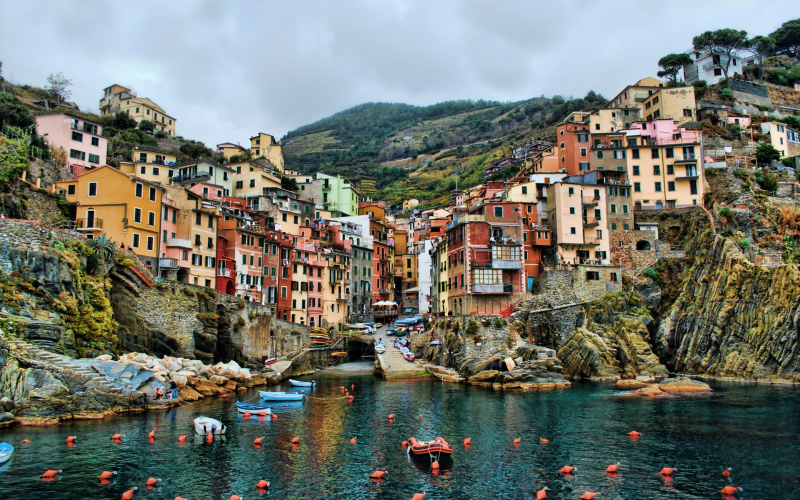
https://wallup.net/ 
https://www.indiaitaly.com/ -
The prevalence of Christianity and the growing diversity of religious practices, beliefs, and denominations in Italy are characteristics of the country's religious landscape. The Catholic Church, whose headquarters are in Rome's Vatican City, is the religion that the majority of Christians in Italy follow. Since the first century, Christianity has existed on the Italian Peninsula.
According to the Pew Research Center's 2012 Global Religious Landscape survey, 83.3% of the nation's citizens identify as Christians, 12.4% as irreligious, atheist, or agnostic, 3.7% as Muslims, and 0.6% as practicing another religion. Other sources provide varying accounts of Italy's 2% or so Muslim population. Other reports claim that up to 10% of locals, including Italian citizens and international inhabitants, practice a religion other than Catholicism.
The majority of people who practice a religion are Muslims, who are then followed by Eastern and Oriental Orthodox Christians, Protestants, Jehovah's Witnesses, Buddhists, Hindus, Sikhs, and Jews. 58% of Italians, according to the 2017 Being Christian in Western Europe Pew study, place a high or moderate value on religion.
The survey's only nation where there were more practicing Christians than non-practicing ones was Italy. After Poland and Ireland, Italy has the third-highest weekly church attendance percentages among the members of the European Union. Francis of Assisi and Catherine of Siena are the Catholic nation of Italy's patron saints.
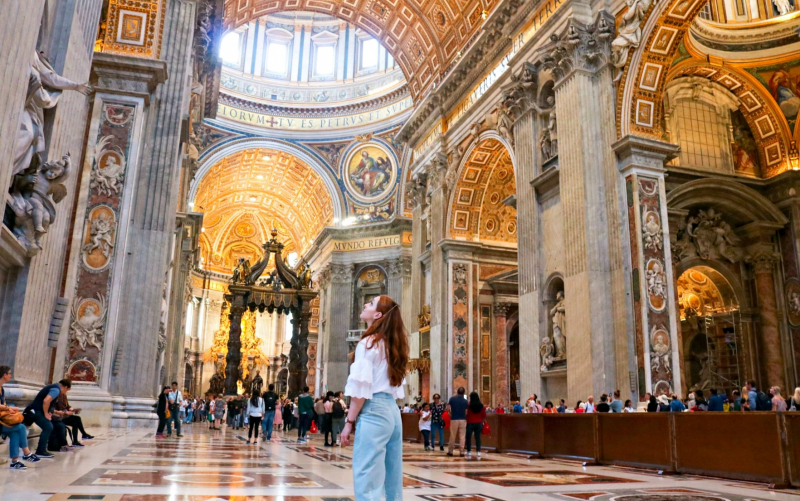
https://www.tourstoitalia.com/ 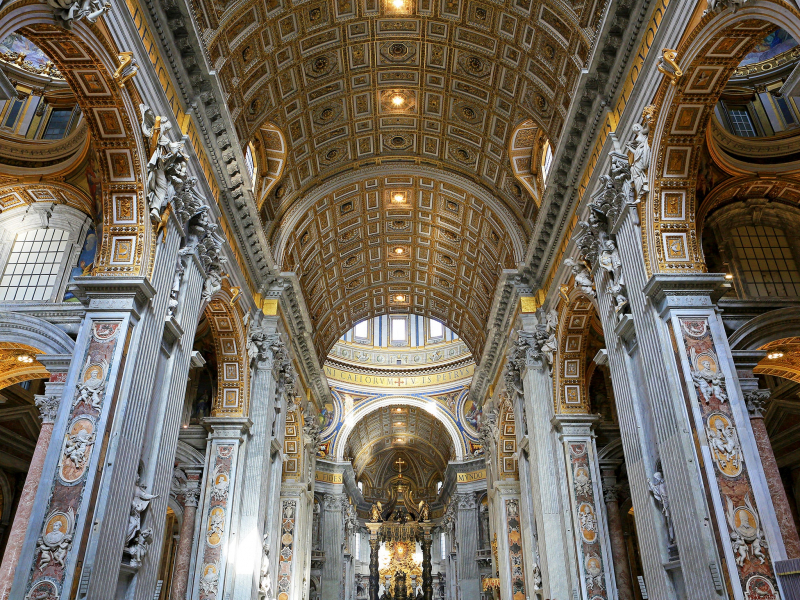
https://www.cntraveler.com/





























